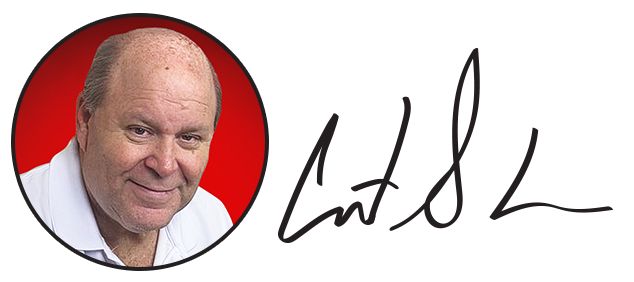
Midlife is often a period of reflection and transition. After years of working in a particular field, many professionals begin to question whether their career still aligns with their passions and goals. The thought of reevaluating and possibly redefining career goals during midlife can be daunting, but it also offers a unique opportunity to shift toward a more fulfilling and purposeful path. By identifying new passions, leveraging years of experience, and creating a focused action plan, midlife professionals can make meaningful changes that lead to greater satisfaction.
Why Midlife is the Perfect Time for Career Reevaluation
At midlife, you've likely accumulated a wealth of knowledge, skills, and experiences. This allows you to take stock of your career trajectory and determine whether it aligns with who you are today. It’s not uncommon for midlife professionals to feel disconnected from their original career goals, which may have been shaped by external pressures or early ambitions that no longer resonate.
Midlife is a chance to reclaim your sense of purpose. By reassessing your priorities and redefining your career goals, you can ensure the next chapter of your professional life aligns with your current passions and aspirations. This shift isn’t just about finding a new job—it’s about creating a more meaningful and fulfilling work life.
Identifying New Passions
One of the most important steps in redefining your career is identifying new passions. Here are a few ways to uncover what truly excites you:
-
Reflect on Personal Interests: What do you love to do outside of work? Hobbies, volunteer activities, or even side projects can offer insight into potential new career paths. Ask yourself what activities make you feel energized and fulfilled.
-
Consider Your Strengths: Take stock of your natural talents. Think about tasks you excel at and find enjoyable. Often, our strengths align closely with our passions, making them a great starting point for new career exploration.
-
Talk to Others: Sometimes an outside perspective can help clarify your passions. Reach out to friends, mentors, or colleagues for their insights. They may notice skills or interests that you’ve overlooked.
-
Try Something New: If you’re unsure where your passions lie, consider taking a class, attending a workshop, or exploring a new field through freelance or volunteer work. Experimenting with new experiences can help you discover interests you may not have considered before.
Leveraging Years of Experience
One of the most powerful assets midlife professionals have is their years of experience. Instead of seeing career change as starting over, view it as an opportunity to leverage your expertise in a new way.
-
Transferable Skills: Many skills, such as leadership, communication, problem-solving, and project management, are highly transferable across industries. Take the time to identify these core competencies and think about how they can be applied to new career opportunities.
-
Industry Knowledge: If you’ve spent years in a particular industry, you may be able to transition into roles such as consulting, coaching, or advisory positions where your expertise can provide value to others.
-
Professional Network: Throughout your career, you’ve likely built an extensive network of contacts. Reach out to this network as you explore new opportunities. People who know your work ethic and experience can be valuable allies in helping you pivot to a new career path.
-
Mentorship: At midlife, you may also have the opportunity to mentor others. This can be both fulfilling and a way to build connections in new industries or fields.
Creating an Action Plan for a Career Shift
Once you’ve identified your new passions and assessed how your experience can support a career change, it’s time to develop an actionable plan. A structured approach will help you make the transition smoother and more achievable.
-
Set Clear Goals: Define what you want your career shift to look like. Are you pursuing a completely new field, or are you shifting to a new role within your current industry? Having clear goals will give you direction and help you measure your progress.
-
Identify Skill Gaps: Research the requirements of your new career path. Are there skills or certifications you need to acquire? Create a plan to bridge any gaps by taking courses, seeking out mentorship, or gaining relevant experience.
-
Start Small: Career shifts don’t have to be all-or-nothing. You can ease into your new path by starting part-time, taking on freelance work, or pursuing passion projects alongside your current job.
-
Leverage Your Network: Don’t be afraid to tap into your network for advice, job leads, or introductions. Networking is a crucial part of any career transition, and your established relationships can open doors to new opportunities.
-
Stay Resilient: Transitioning to a new career path can come with challenges, including moments of doubt. Stay resilient by focusing on your long-term goals and the reasons you decided to make this change. A positive mindset and persistence will help you overcome obstacles.
The Reward of a Fulfilling Career Path
Redefining your career goals during midlife may seem intimidating, but it’s also a chance to create a work life that aligns with your passions and values. By taking the time to reflect on what you truly want, leveraging your years of experience, and following a structured plan, you can transition into a new career that brings you renewed purpose and fulfillment.
Your midlife career journey is an opportunity to write a new chapter that reflects your evolving goals, passions, and priorities. Embrace it as a time of growth and exploration, and you may find that the most rewarding part of your career is still ahead.

Curt Skene
FOUNDER
Career Network Club